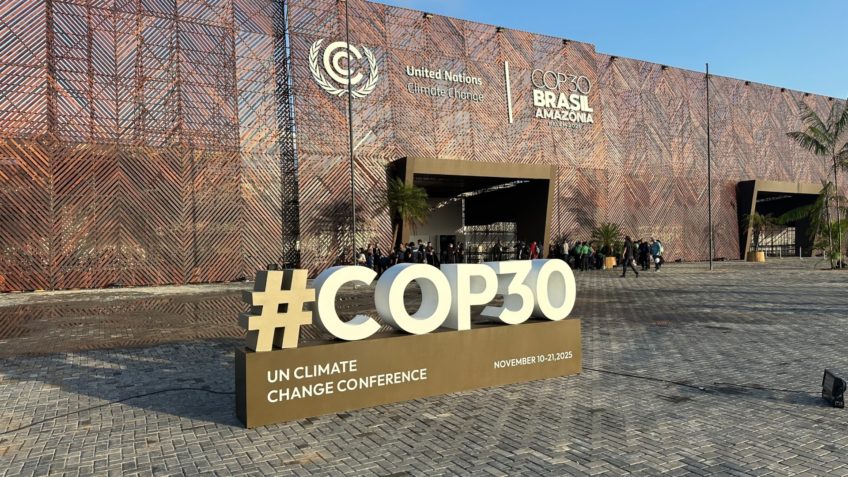Lula’s speech, along with discussions about the “funding challenge” for climate action, made waves in international media on November 11, 2025. Newspapers around the world elaborated on pivotal moments from the 30th United Nations Conference on Climate Change (COP30) while also noting the conspicuous absence of the United States.
Many reported on the opening session, which took place on November 10. President Luiz Inácio Lula da Silva delivered a stirring 12-minute address, flanked by Brazilian singer Fafá de Belém and Culture Minister Margareth Menezes. Lula used his platform to challenge the tech giants and directly reference the President of the USA, a Republican, emphasizing that “it’s cheaper to end the climate problem than to wage war.” This statement underscored a call to action, juxtaposing global military spending with the financial investments required to confront climate issues.
Fiona Harvey, a correspondent for the British newspaper The Guardian, highlighted that the executive secretary of the United Nations Framework Convention on Climate Change, during the summit’s inaugural session, warned, “The inability to face the climate crisis will never be forgiven.” The message was clear: governments failing to transition to a low-carbon economy not only risk inciting hunger and conflict abroad but also face economic troubles at home, such as stagnation and rising inflation.
In a separate analysis, Harvey remarked that President Trump’s absence at COP30 would be little lamented by those genuinely invested in tackling the global crisis. She cited relief among some North American diplomats upon learning that the White House would not send representatives, despite the attendance of around 100 U.S. governors and city officials committed to climate action.
The Argentine publication Clarín also picked up on Trump’s absence, framing it within Lula’s opening remarks denouncing climate “denialism.” They emphasized the contrast with the President of France, who called for “science before ideology” at a pre-COP meeting. Trump’s past comments labeling global warming as “the biggest hoax” only added to the stark narrative around international climate politics.
Continuing the discussion, the Portuguese newspaper Público echoed Lula’s sentiment that resolving the climate crisis is more cost-effective than engaging in conflict. This argument aimed to rally support for substantial financing toward climate actions, suggesting an urgent need for collaborative global efforts.
Italian journalist Sara Gandolfi, reporting for Corriere della Sera, used the occasion to reflect on ten years since the Paris Agreement, spotlighting Italy’s pivotal role at COP30. In an interview with Italy’s Minister of Environment and Energy Security, the minister asserted that “no backward steps are allowed,” signaling a steadfast commitment to climate initiatives.
The French newspaper Le Figaro conveyed the sentiments of Amazon communities, illustrating their struggle between hope and resignation. Journalists reported on the involvement of indigenous groups at COP30, with individuals shared the grim realities they face. Rodrigue Gehot of NGO Pachamama remarked, “They are aware that they are part of a finite world,” highlighting both the tragedy and tenacity within these communities.
Spain’s El País echoed Lula’s concerns about disinformation in the context of global fractures. The newspaper elaborated on the complicated international political atmosphere during COP30, again referencing Trump’s controversial stance on climate change and including insights from key figures, including Simon Stiell, Secretary of Climate in the Ministry of Foreign Affairs.
In these discussions, it’s evident that the COP30 summit serves as a critical juncture in global climate governance. The voices of numerous international leaders, mixed with local community experiences, are all converging to address the pressing climate crisis, emphasizing both urgency and the need for international cooperation.



